|
Another year, another list. Below are the films which stood out to me in 2019. Still have a few things to see but feel quite confident these film will remain the stand outs for me. Top 15 of 2019La Flor - Mariano Lliná If I end up posting an best films of the decade list, this film would grace the top of that as well. An expansive cinematic experience which constantly reinvents itself, La Flor simultaneously adheres to varied genre constructions while also subverting or rejecting said classifications over its colossal run time. Evokes the boundless nature of cinema, how the rules and restraints of art are non-existent, an utter fabrication. Exhibits how the creative process is intrinsically collaborative - independent forces of creativity each bringing their own perspective - recognizing the intrinsic, polycentric nature of art. Liberté - Albert Serra An affront to puritanical sentiments centered around sexuality and pleasure, Albert Serra latest film, Liberte, continues the filmmakers exploration of the body, delivering a pointed provocation which rejects the diametric Freudian psychoanalysis of mind and body in which the mind must subjugate the desires of the flesh in order to reach enlightenment. Exhibiting the polycentrics of pleasure in which perversion is detached from the pejorative, Liberte provokes and prods the audience's social constructions of acceptability as it pertains to sexuality, exhibiting how perversion itself is in a sense a fabrication, dictated by-and-large by the pressures of respectability politics and a false sense of morality. The setting -desolate woodlands- work in unison with Serra's rich formalist designs, figuratively and literally expressing the nature of such a crude dichotomy of mind and body in which pleasure is pushed into the shadows, subjugated by the authority of the majority due to the false promises of ascetic, intellectual rigor which in turn obfuscates the boundless nature of pleasure, liberation, and experimentation. Taking place almost entirely over the course of one night of unadulterated indulgence, Serra's film could have easily become tedious or felt monolithic but it never does due in large part not its comedic banality which serves as a neutralizing agent for the unease most likely felt by many viewers who aren't used to such unrestrained sensuality. The denouement of Liberte is purely visual yet powerfully astute - daybreak comes, the cascading beams of sunshine bringing the forest to the foreground serves as a symbolic recognition of the performative nature of society in which our true selves are regulated to the shadows due to societal constructions rooted in the authority social acceptance. Zombie Child - Bertrand Bonello A deconstruction of one of the grand narratives of civilization - liberalism - Bertrand Bonello's Zombi Child is a provocative and profound experience, one which invokes Haitian pathos and Voodoo mysticism to reflect on colonialism, the global south, and abstract notions of progress. A story of reclamation, Zombi Child is pointed and pedantic from the onset, detailing the ubiquitous nature of liberty, progress, or any ideal when it is implemented in material terms. Clear-cut and resolute in establishing that history itself isn't linear but a constant and continuous struggle between the powerful and the powerless, Bonello's film draws from the life and legend of Clairvius Narcisse to tell a multi-generational story of past and present, with the ties of history reverberating throughout - a reminder that we as individuals in the present are not disparate nor detached from the past. Zombi Child is highly ambitious and while one could certainly argue it becomes a bit unwieldy in its constructional narrative cadence, the film's expansive nature is endlessly impressive, managing to be grandiose and piercing thematically while never obfuscating the intimacy of the main characterization - a Haitian-born teenager living in France. Formalistically, Bonello's film is beautifully rendered, with an aesthetic that injects an atmospheric dream-like quality in certain moments, reinforcing the themes of this film centered around an unjust world build off of exploitation and oppression while also evoking the internal psyche of its central protagonist, a character who doesn't quite fit in due to her own cultural background and unique identity. Through the central protagonist, Zombi Child traverses horror film sensibilities to deliver a poignant study of identity, one in which the implicit ostracization of the outsider is prominently felt. Assimilation is nuanced, and the film wonderfully embraces the strained relationship between one's past and present spatial and metaphysical environments, as this young woman balances these two worlds, each of which via for her identity. While Zombi Child may not be perfect from a narrative perspective, Bonello's ambitious film is one that should be praised, providing a vision of Haitian culture and a sense of liberty which is fundamentally social, one which by-and-large is not confined to any economic or political entanglements. Martin Eden - Pietro Marcello At the cross-section of the discursive strategies for human progress born in the fires of the enlightenment, Pietro Marcello's Martin Eden is a rapturous examination of humanity's seemingly eternal struggle, one which firmly revives the period drama through its intoxicating formalism and stunning central performance. The story of a young writer who finds himself stuck between two distinct worlds, unwilling to succumb to authoritative ideals of human progress in which oppression lurks behind the ideals of social, political, or economic change, Martin Eden manages to be intimate yet exhaustive, featuring a sumptuous cinematic language of vitality and romanticism in which one man's ethical conviction leads him down a path of alienation. Intoxicating yet incisive, the true power of ideas is a salient theme which reverberates throughout the film's structuralism and yet the film recognizes the destructive aspects of such power, being confrontational towards vapid notions of utopian political or economic rhetoric. Pulsating with ideals centered around mutualism, libertarian socialism, and anarchism while wisely never being heterodox in approach, Martin Eden's narrative trajectory and denouement posits much of humanity's contentious nature as not only a biproduct of social stratification but perhaps more importantly humanity's hubris when it comes to our relationship with our ecological environment. Incapable or unwilling to accept the destructive nature of humankind's penchant for control, power, or authority over nature, Martin Eden's personal journey of self discovery - class stratification purveyed through a doomed bourgeoisie romance and his rejection of collectivist proclivities centralized power - becomes an astute yet cynical amalgamation of humanity, one in which self-destruction is driven by dogma and hubris - utopian ideas placing too much weight on the ubiquitous nature of unadulterated "good" or "progress" driven by our believe that we can transcend nature. Island of the Hungry Ghosts - Gabrielle Brady A sensoral experience in which the natural world is used as a tool for reflection on the state of humanity through the prism of the migrant crisis, Island of The Hungry Ghosts is revelatory documentary filmmaking in which the vary foundations of philosophical readings into humankind's place in the natural world are manifested through the analogous nature of the film's form and function. Brooding with atmosphere, Island of the Hungry Ghost's employs an impressionistic lens, presenting the natural world as ominous, stoic, yet spiritual, with the island being a place of long history, one which is home to continually one of the largest migrations in the entire world which occur in the form of red crabs. Juxtaposing the humanitarian crisis of migration restrictions for asylum seekers with this phenomenon of the mass-migration and freedom of movement in the natural world of these crabs, Island of the Hungry Ghosts reveals the manufactured, unnatural ideal of the nation state itself, one thats restrictions on freedom of movement are arbitrary and intrinsically at odds with the natural state of things, one which humanity itself isn't above but a part of. The primary subject of this film is a trauma therapist whose altruistic intentions are slowly confronted by the cold mechanisms at play in the migrant detention center and system at large. Reaching a point in which being complicit by mere participation in a system in which the perpetual state of repression is intrinsic to its formation entirely, she is implored to leave this island behind, living what Aristotle himself may have viewed as 'the examined life', intent in her unwillingness ethically to participate in this unjust, perpetual, and unnatural system of repression. A powerful study of barbarism in the modern world, Island of the Hungry Ghosts reflects on the inconsistencies of aid in modern society, exhibiting in this case how the difference between migrants and natives is merely predicated on natural selection and spatial good-fortune, thus it becomes not only unnatural but nonsensical to deny others when a significant faction of the natural state itself has no relationship with meritocracy, virtue, or determinism. Drift (2017) - Helena Wittmann Minimalist in structural design, Drift is an immersive visual tapestry in which aesthetic and sound design evoke an emotive response that many more narrative and/or dialogue driven films can't muster. A film about longing between two individuals on the opposite sides of the Ocean, Drift composes the natural world as a polycentric entity- the intricacies and individualistic waves of the sea forming a cohesive, collective whole. This provides a beautiful juxtaposition with its two central protagonists, as the film infuses mysticism induced by the natural world with humankind's emotive qualities and the perception induced by them, with Drift delivering a lyrical and visually rhythmic experience which manages to be melancholic, foreboding, and ultimately transformative in its tranquil story of love. An Elephant Sitting Still - Hu Bo Engulfed with a brooding milieu of despair and despondence, Hu Bo's Elephant Sitting Still is a grating experience, one in which the internal pain of its characters is felt in every frame. Taking place in a small Chinese town in which opportunity is nonexistent and despair is a currency exchanged openly from one person to the next, Elephant Sitting Still is an engrossing albeit difficult experience, one thats underlying intentions slowly come to fruition over its nearly 4 hour running time. Displaying a general detachment from any sense of optimism or hope of gaining access to a better life, this ensemble of characters exhibit a coldness that is palpable, uneasy, and tense for the viewer, one which can be hard to connect to on an emotional level due to its unwavering state of perpetual pessimism. The film does offer a slight reprieve in its denouement, exhibiting a glimmer of optimism and hope, but what unfolds for much of the film's running time is devoid of such inclinations. Featuring a gray aesthetic that is cold, static, and completely void of vibrancy, the film's visual poetry evokes the dead-end nature which its characters inhabit, exuding a general pathos which is devoid of anger or tension, as if it is accepting of defeat. Far from what one would describe as an enjoyable experience, as Elephant Sitting Still unfolds the film reveals a subtle yet profound sense of understanding about pain, depression, and detachment, detailing how its host of characters are all suffering from similar struggles, each having their own spiral of despair which blinds them from recognizing that their experience is shared, a recognition which could evoke a sense of greater understanding, empathy, and kindness. Stuck and frustrated by their lack of potential, Elephant Sitting Still showcases individuals who are constrained by a system which grants them little options, detailing how perhaps the greatest potential for pain lies for those whom are self aware that a better way of living exists but whom cannot reach it, no matter how hard they try. Hu Bo's Elephant Sitting Still is not an easy experience, it's grating, dire, and unwavering in its designs, yet in its final denouement it offers a slight sense of optimism, one which recognizes that hope lies in relationships not detachment, illustrating how an empathetic mindset that is shared may offer some reprieve from such despair and despondence. Asako I & II (2018) - Ryûsuke Hamaguchi Features a minimalist aesthetic design which is performative in that it evokes an ethereal atmosphere early on, Asako I & II masks the underlying turmoil of its story with a brazen romanticism which slowly withers over the course of the film, revealing in its main protagonist a passive character who struggles to understand her own desires. Managing to be tender yet subversive, sumptuous yet encapsulated by emotional pain, Asako I & II is a pensive romantic film that is an uncomfortable albeit honest exploration of the fundamental nature of love and companionship. Viewed through an axiological lens, self is revealed as a central node of not only happiness but love itself, as the film reveals a character whose inability to distinguish carnal impulse from emotional desire leads her down a path of self-discovery. Asako I & II uses a singular construction both narratively and aesthetically to demonstrate a familiar theme in that love isn't built on external concepts of pleasure, aesthetic desire, or selfishness but derived from personal well-being. Asako I & II astutely recognizes the enigmatic nature of love, declaring that perhaps the desire towards selflessness and an absolute-version of empathy and respect is the paramount tenant of love. Tender, mature, sumptuous yet painful, Asako I & II is a rare film which manages to be just as uncomfortable as it is romantic, a beautiful, complex experience about the human condition purveyed through the conceptual nature of love. Black Mother - Khalik Allah Deeply spiritual and reflective about the island's past and present, Black Mother is an ode to the resiliency of its people, being pointed in its deconstruction of the impact of colonialism on black identity and culture. A love letter, Black Mother is exploratory yet piercing, meditative about how past influences present, yet it never loses its impassioned plea to a more naturalistic future. It's a celebration of identity and the evolution of culture, an astute film about the temporal and spatial nature of the social in which the filmmaker shows no interest in judgement only reflection, a celebration of nonconformity. In all honesty, the film touches on so much complexities related to black identity, culture, and nature that this review can't even come close to giving it the justice it deserves. Beanpole (2019) - Kantemir Balagov One of the toughest cinematic experiences of the year, Kantemir Balagov's Beanpole is an emotionally devastating experience, one in which the mental, physical, and spiritual degradation of war is explored in searing detail. Taking place in Soviet Russia at the end of WWII, the merits of this victory over fascism are indisputable, yet Beanpole chooses this universally acknowledge justifiable ear to make its anti-war commentary even more salient, exhibiting how even in great just victories on a macro level many on a micro level are left behind, pushed aside, or at worst forgotten completely - the promise of peace and better times ahead distorting the work which needs be done in the present. An anti-war film set entirely after the last bomb has dropped, after peace has been declared, Beanpole examines the wounds which persist in those who experience such unimaginable horror, exhibiting how the scars of war don't easy vanquish, they linger, infecting the souls of those who lived through it long after the fighting has stopped. Detailing how those affected are desperate to find some semblance of happiness, purpose, or meaning in life after suffering such trauma, Beanpole showcases how emotional violence becomes a commonality in day-to-day life, the dehumanizing effect of war being a micro effect as much as a macro one, severing relationships to a degree in which severe strain is placed on the communal notions of society at large. Trauma is embedded into the fabric of this film's structural and formalist designs, death feels familiar, even commonplace in the post-War landscape in which life itself is distorted by the machinery of war. While severe acts of emotional and physical degradation are displayed throughout Beanpole, it would be misguided the call the film a cynical experience, as what Beanpole exposes throughout its narrative schematics is the reactionary nature in which the psyche deals with trauma. Each of these characters is so deeply damaged they are clinging to some form of purpose, they are looking for meaning which at times causes them to hurt one-and-other, but in the film's final denouement these unwavering pursuits for purpose coalesce with humanity's capacity for empathy, with Beanpole delivering a striking portrait of post-war struggles. While arguably provocative in moments, Beanpole narrative designs are holistic and serve a purpose, offering an astute study of the human condition through its brazen and searing anti-war message. Anne at 13,000 Ft - Kazik Radwanski An immersive character study in which affect is a palpable force, Anne At 13,000 ft's formalist sensibilities invoke a level of intimacy which is rare to the character study, featuring close-ups and tight-compositions which are effectively embedded into the aesthetic. The central protagonist, Anne, is a kind and empathetic soul, one in which the audience quickly finds themselves enamored by, as the film beautifully and reveals her underlying instability related to her mental health. This instability largely casts a dark shadow over her ability to create meaningful relationships, with the film beautifully portraying how the mundane day-to-day actions many of us take for granted are horrifying and anxiety-inducing for this character. Singular in its vision, this is a film in which observation, the experience, and perceptions of its main protagonist are emphasized over narrative storytelling, providing a portrait of a young, unstable individual who struggles to find solace or support in a society full of neglect. Ambiguous, earnest, and incisive in the film's outright unwillingness to portray Anne's disorder with contempt, Anne at 13,000 ft is a quiet but angry film in its denouement, one in which its ambiguous nature hints at destructive conclusions unless systemic changes are made. A Family Tour - Liang Ying A quiet sense of danger envelopes, Liang Ying's A Family Tour, it's one of continuous affect, evoking the consciousness of the main protagonist - an exiled film director in Hong Kong who was forced to flee China, leaving everything she has ever known, including her own mother, behind. A Family Tour understands that freedom is not easy, exhibiting how there is an element of chaos intrinsic to freedom, escape from authority is escape from repression but also the structural familiarity of one's social milieu, placing great strain and sacrifice on not just the individual in rebellion but also those she loves. Illustrating in its main protagonist a character whose life has been in a sense, chaotic, since her subversion of the state, A Family Tour illustrates the diasporic induced fractures on personal identity, being a family drama in which our main protagonist is affronted by the notion that she will not be able to take care of her aging mother. Ad Astra - James Gray A melancholic space odyssey of introspection and poetic resolve, James Gray's Ad Asta is a salient amalgamation of intimacy and spectacle in which the vastness of space serves as perfect setting for the film's ontological aspirations and existential designs. Ad Astra is a story about idolization and glorification in which the paternal relationship between father and son is used as a fulcrum thematically to explore the prescient question of existentialism - what in fact makes life worth living? The central protagonist of this story is a man whose followed in his father's footsteps, instilled with the same work ethic and rigor for perfection which made his father a legendary hero for all of mankind. These notions of bravery and sacrifice for the greater good left an impression on his son that is borderline celestial, driving this now adult man to pursue the same macro-level view of human progress intellectually, despite experiencing first-hand the emotional trauma and dehumanizing effect such pursuits can have on those one loves. Through this paternal relationship - one which leads our central protagonist down a path of internal conflict, confronted with harsh truths about this father he idolized - Ad Astra is revelatory, encapsulating the contentious aspects of intellectual pursuit and human progress, specifically passive reflection vs. aggressive notions of change. Through these notions of human and technological progress, space exploration, and the pursuit of extraterrestrial life, Ad Astra reveals the dehumanizing nature of such grand designs, showcasing how such perspectives breed detachment, with the precious nature of life itself becoming simply another piece of the puzzle, another cog in the machine of "progress". The facade of paternal perfection is juxtaposed with a the similar facade of grandiose notions of human progress, with Ad Astra being a beautiful reminder that the social - personal relationships and emotional connections of day-to-day life - is what makes life worth living. In My Room - Ulrich Köhler Managing to evoke a rare sense of intimacy through methodical aesthetic and formalist designs, Ulrich Köhler's In My Room employs the 'last man on earth' narrative archetype to deliver incisive observations of the human psyche, exhibiting how cognitive compartmentalization is intrinsic to the human condition, particularly when afflicted with emotional distress or trauma. While film's 'last man on earth' formalism heightens the thematic intentions in its final denouement, In the Room is largely subversive with its familiar narrative, the plotting being tactical but largely irrelevant to its underlying virtues of this story centered around a man struggling to grapple with his feelings. Graceful in its execution, In My Room's main character is flawed but incredibly sympathetic, with Köhler's meticulous sensibilities offering glimpses of the underlying infliction within this character who resists being seen as vulnerable, despite the corrosive implications it routinely has on his personal relationships. Atlantics - Mati Diop Metaphysical might of the human spirit juxtaposed against the faux-sense of strength granted by material accomplishments, Mati Diop's Atlantics is a soul-searing romance which transcends the natural world to deliver a striking narrative debut about the power of love. Rhythmic formalist designs create an aura and tone which invokes a sense of reflection from the viewer, the film's soul-searing love story between boy and girl being the perfect conduit for the film's larger holistic aspirations - a meditation on the post-colonialist world, and specifically the migrant crisis, a crisis when continues to be an ongoing stain on modernism crystal clean notions of human progress. Honorable Mentions: Pain and Glory, The Irishman, Once Upon A Time in Hollywood, Our Time, Long Day's Journey Into Night, The Load, Bacurau, In Fabric, The Beach Bum, Her Smell, High Life, Avengement, The Souvenir, The Silence of Others, Coincoin and the extra-humans, Sophia Antipolis, It's All Good, One Child Nation, The Dead Don't Die, On The Presidents Orders, The Traitor, Dolemite is My Name
0 Comments
Leave a Reply. |
AuthorA place for lists and other random ramblings. Archives
December 2020
Categories |
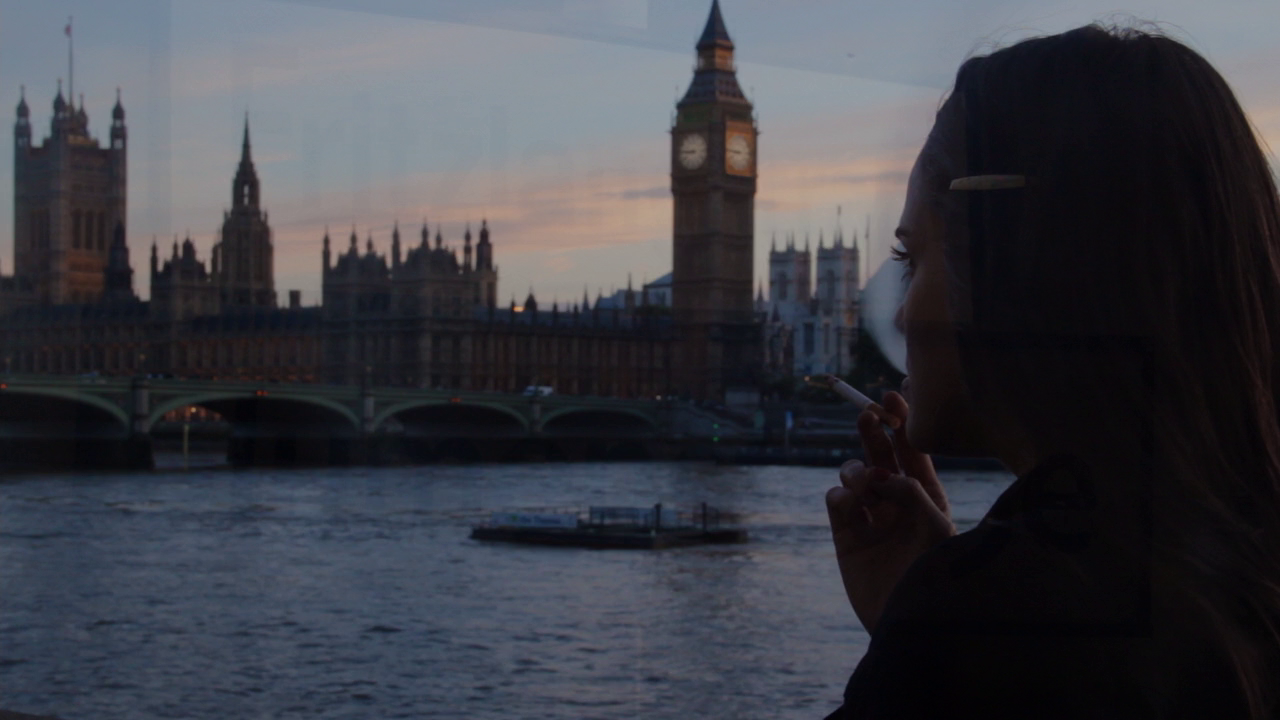

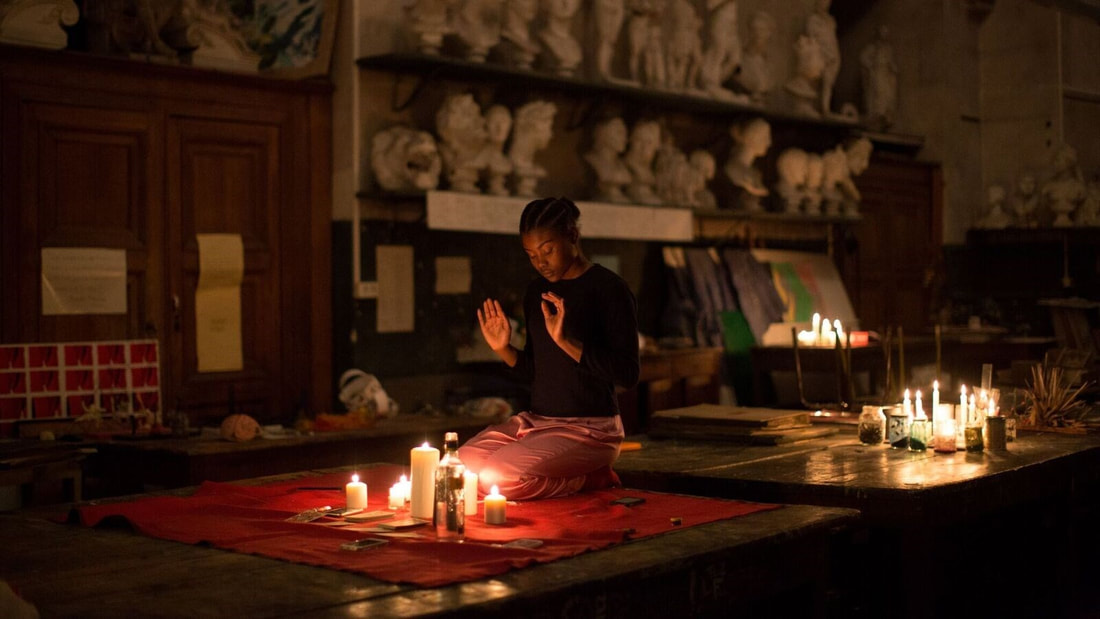
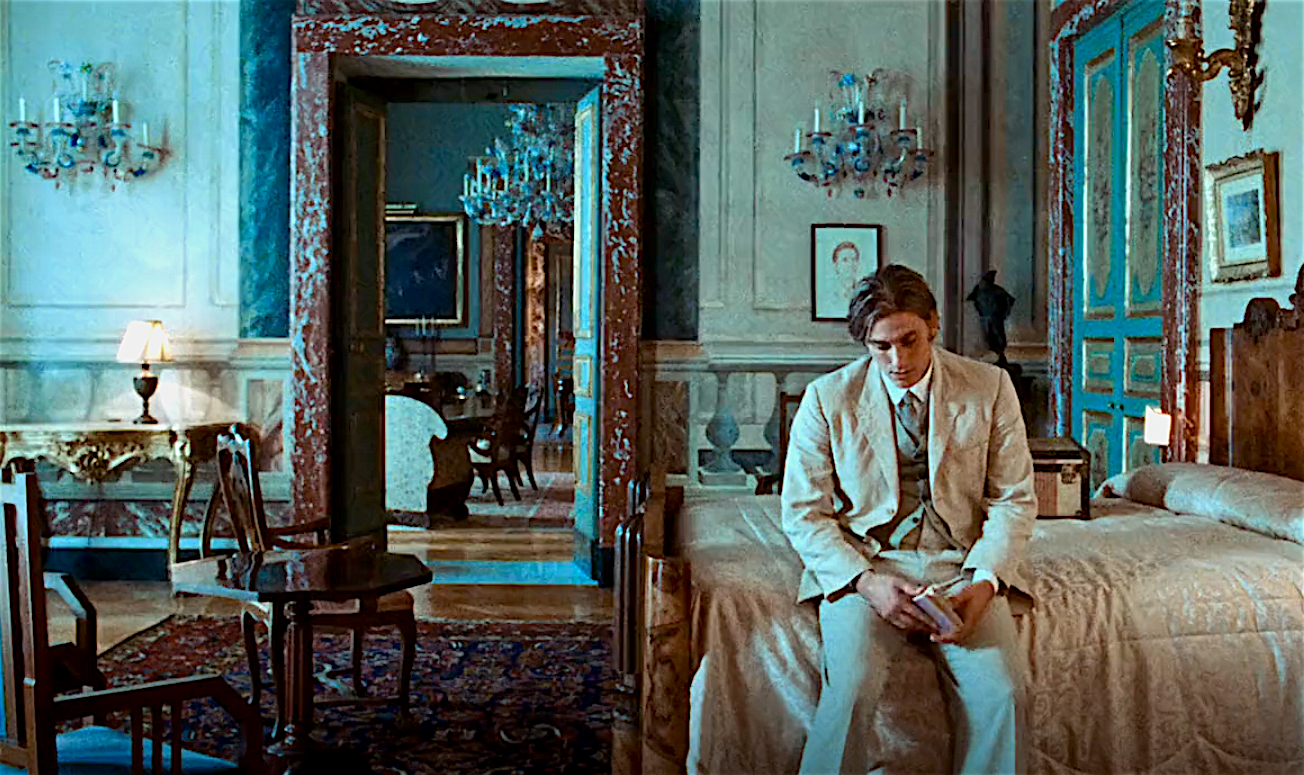
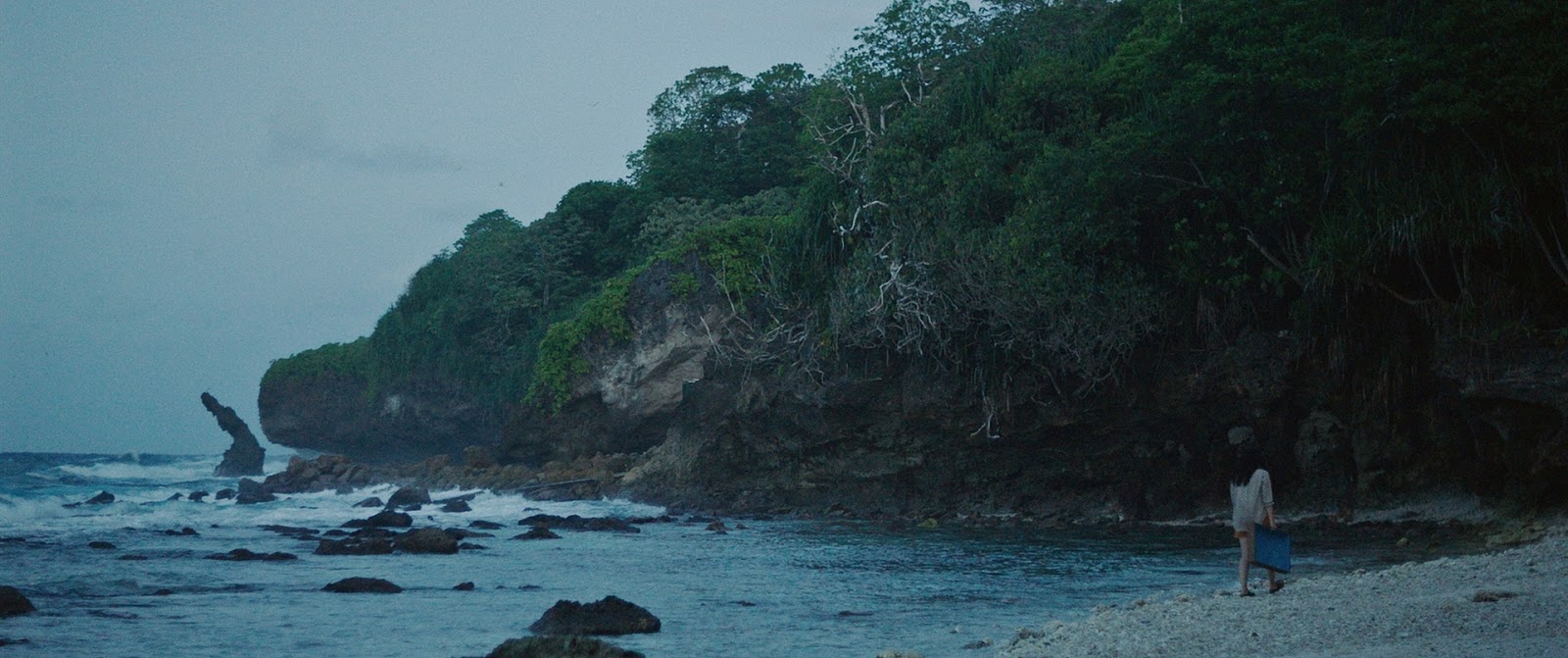
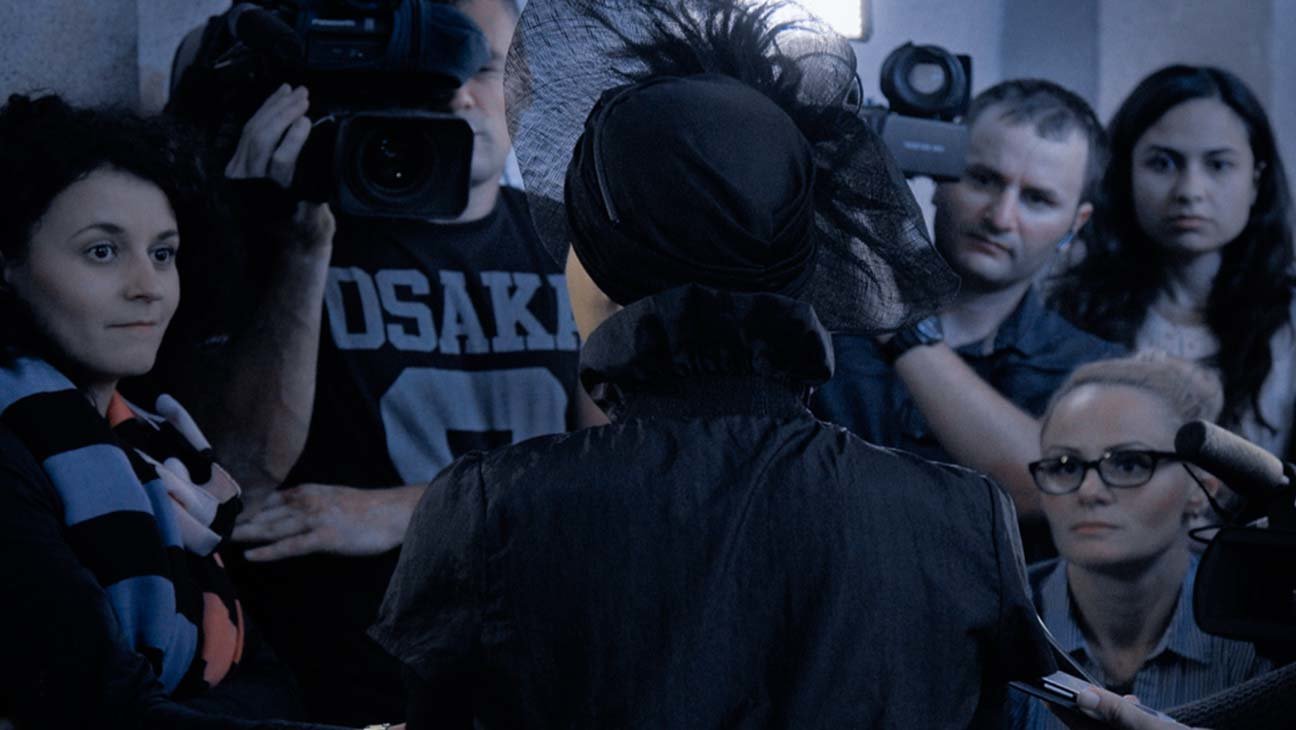
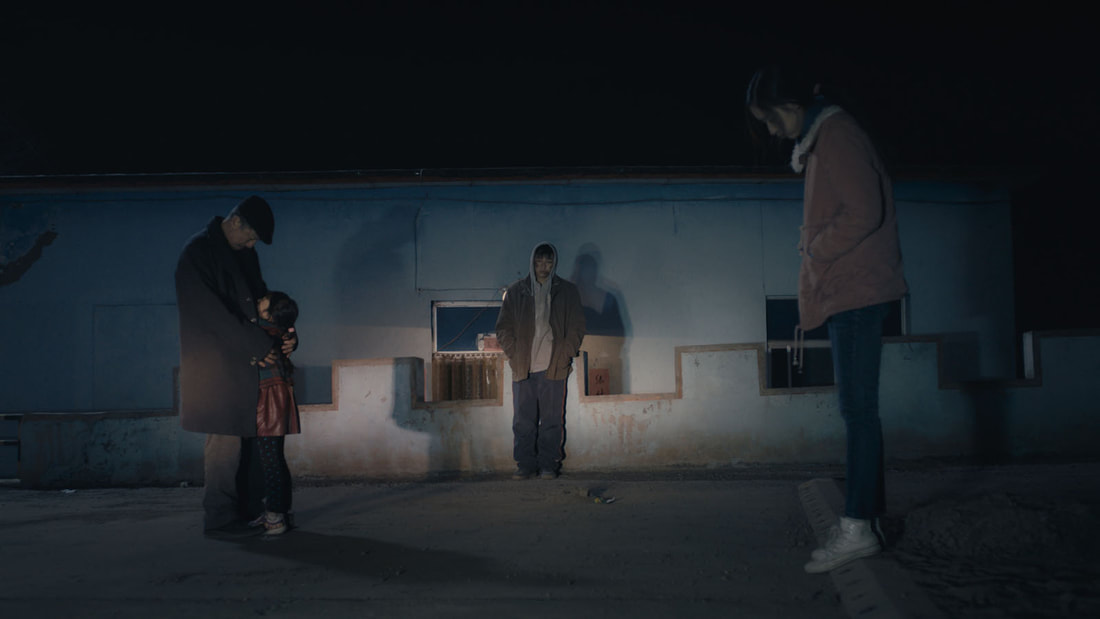
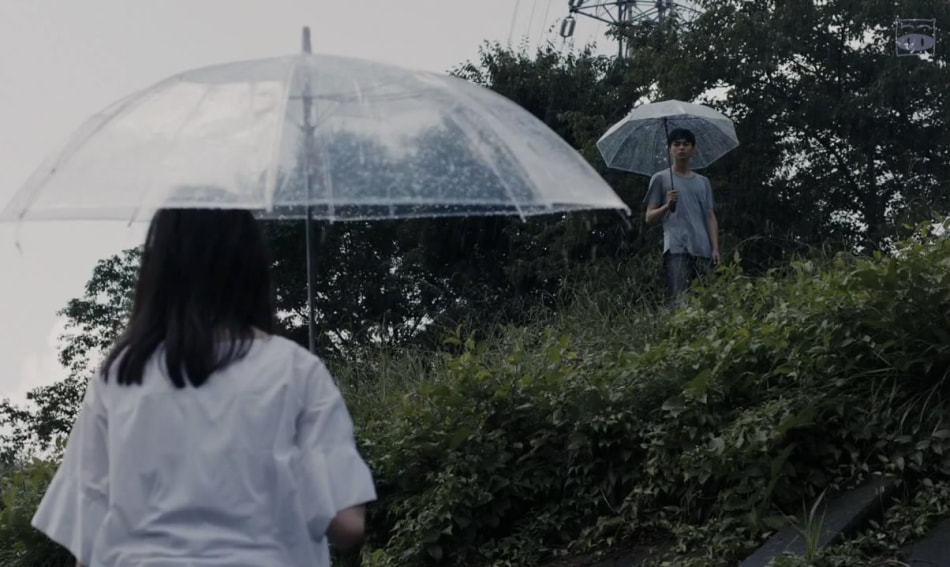
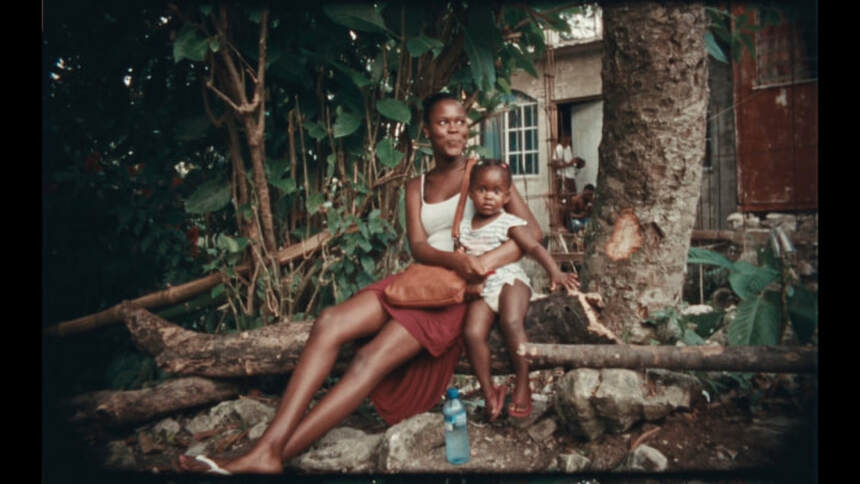

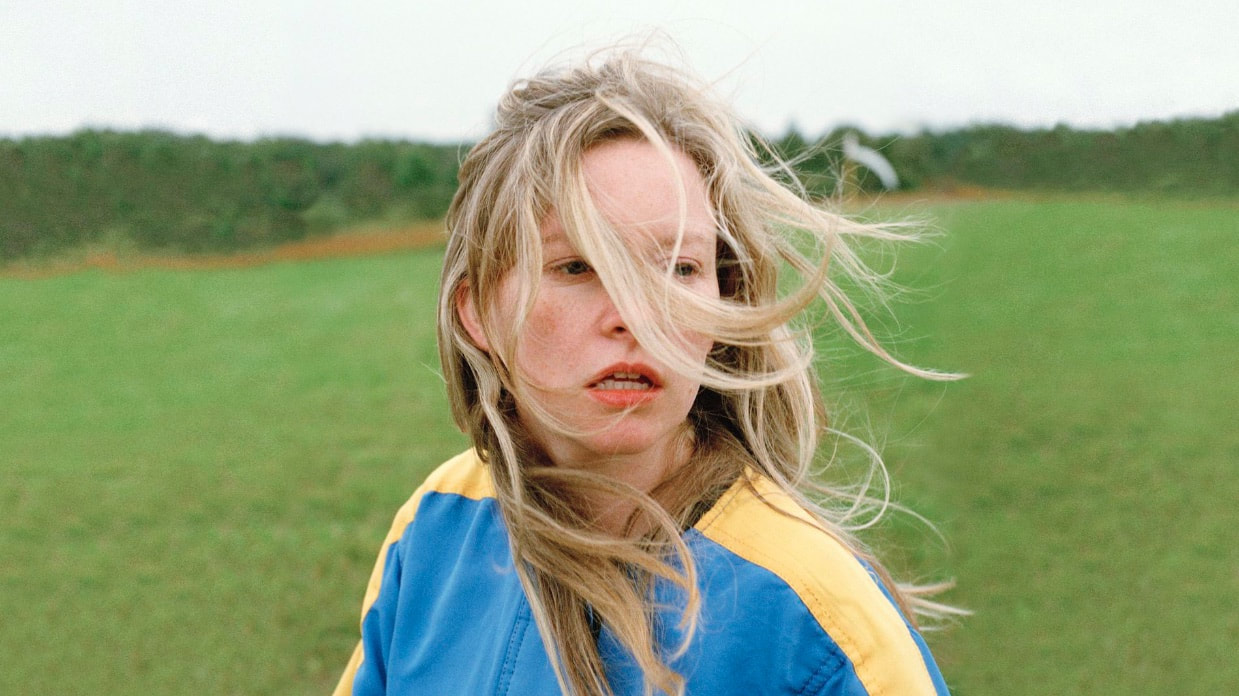
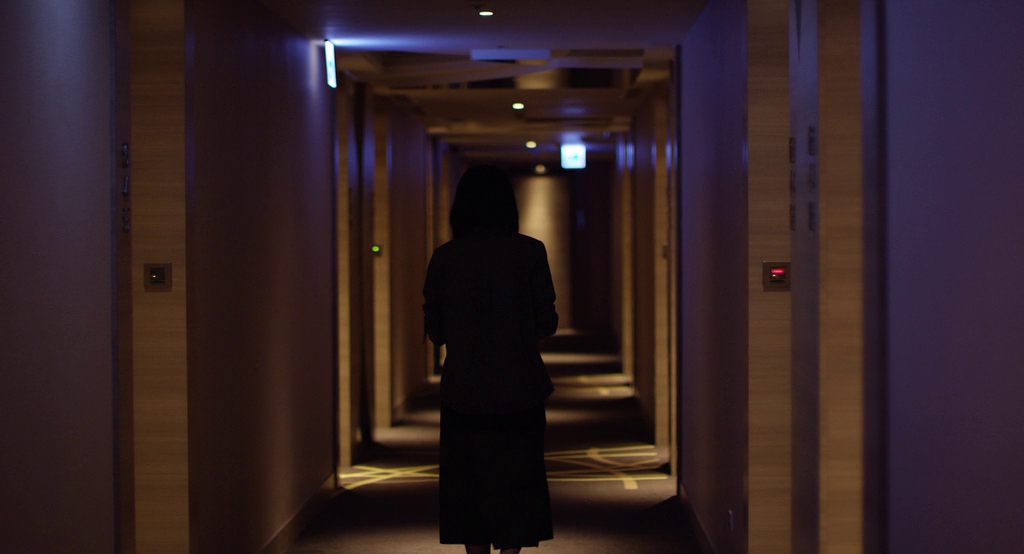
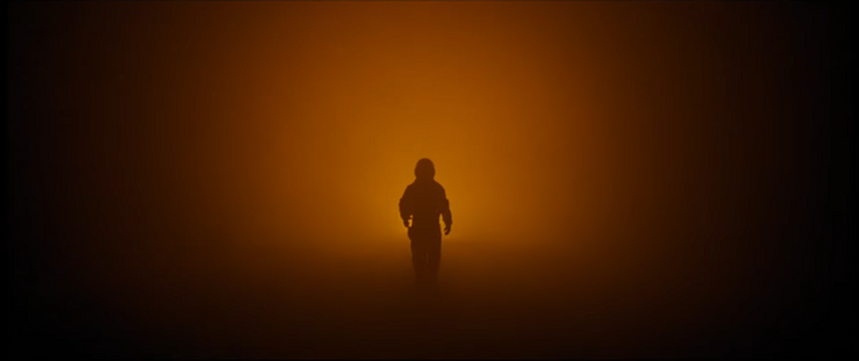
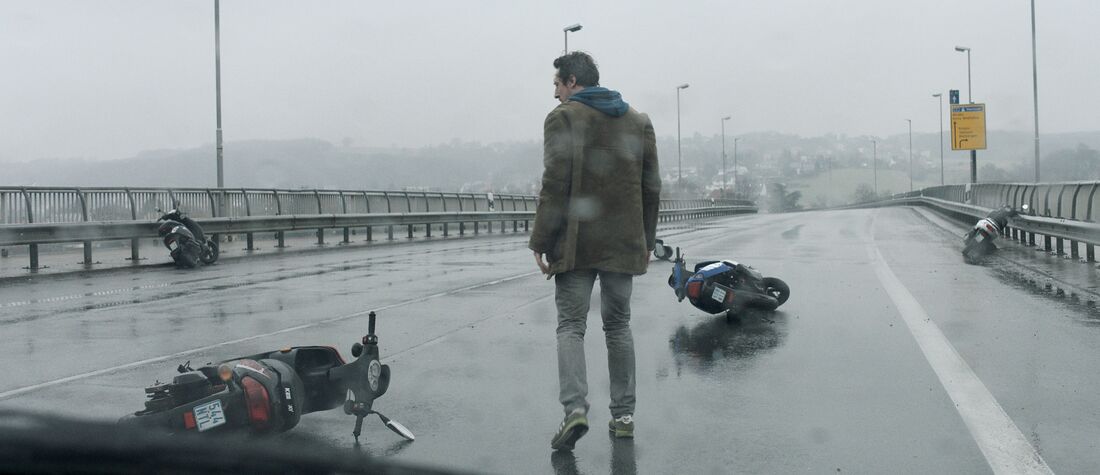
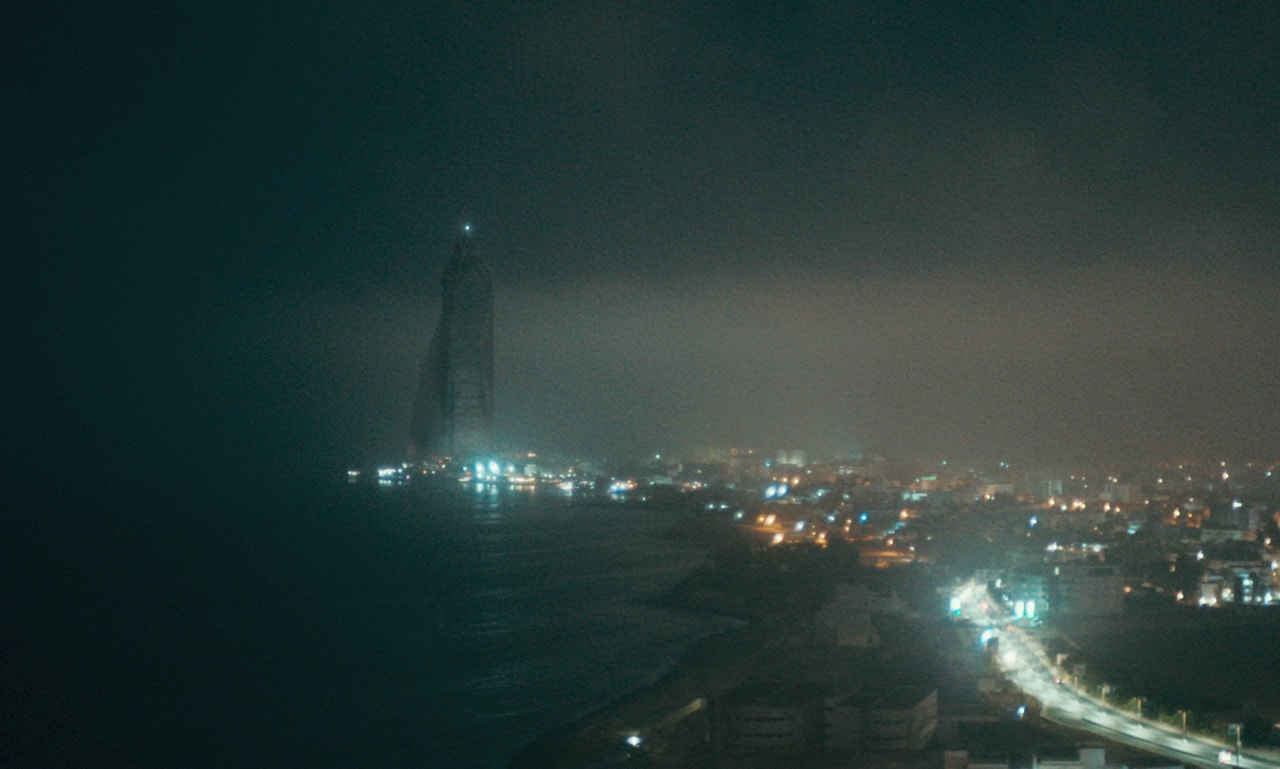
 RSS Feed
RSS Feed
